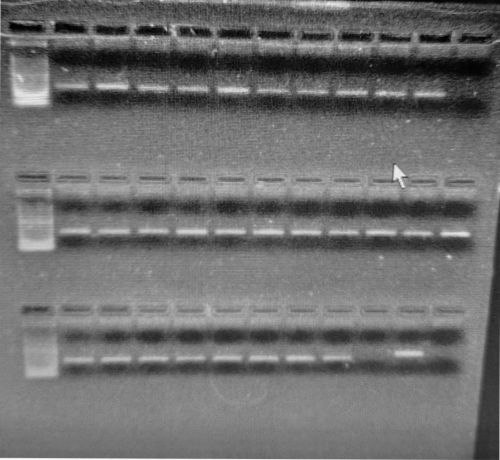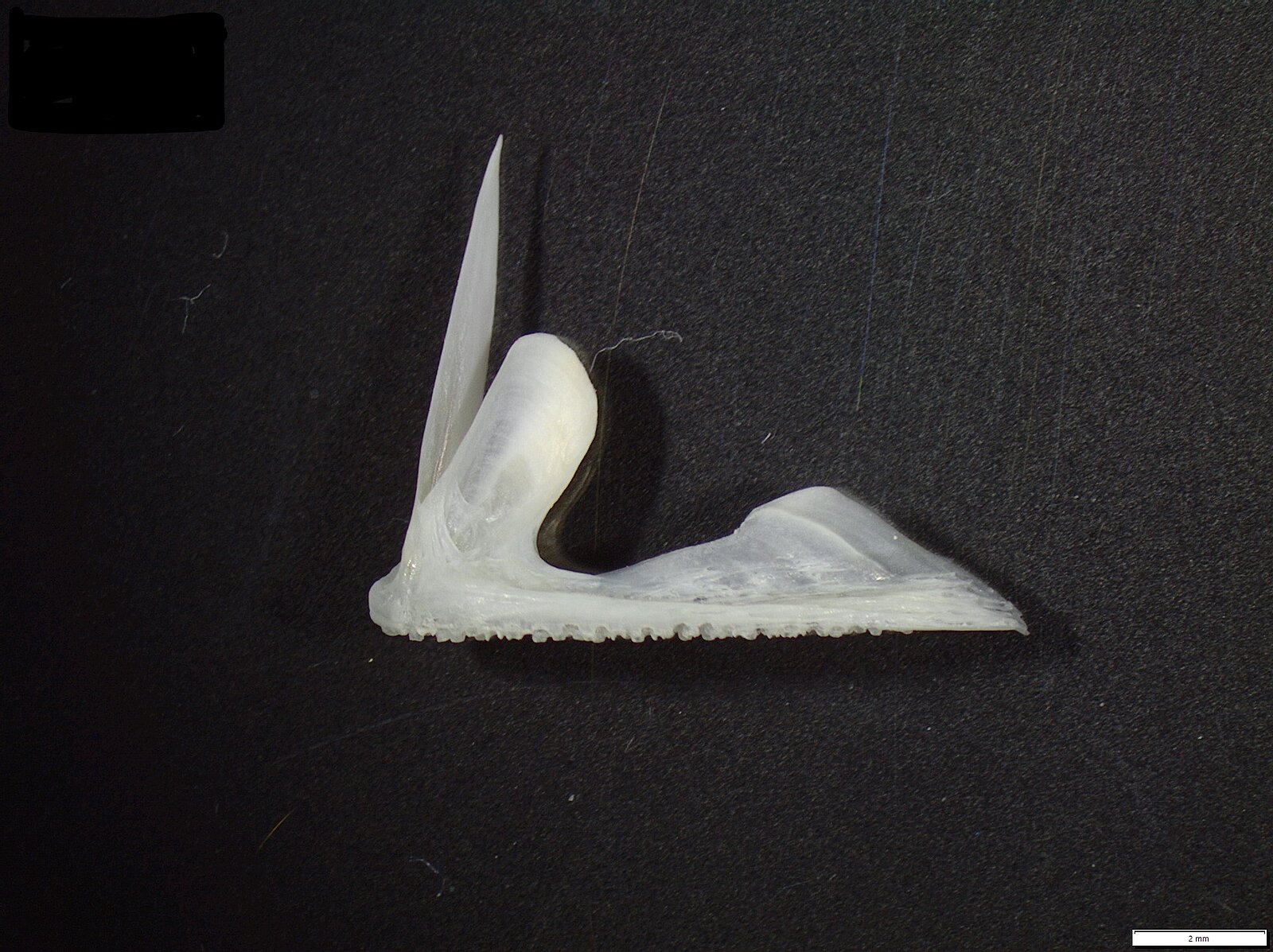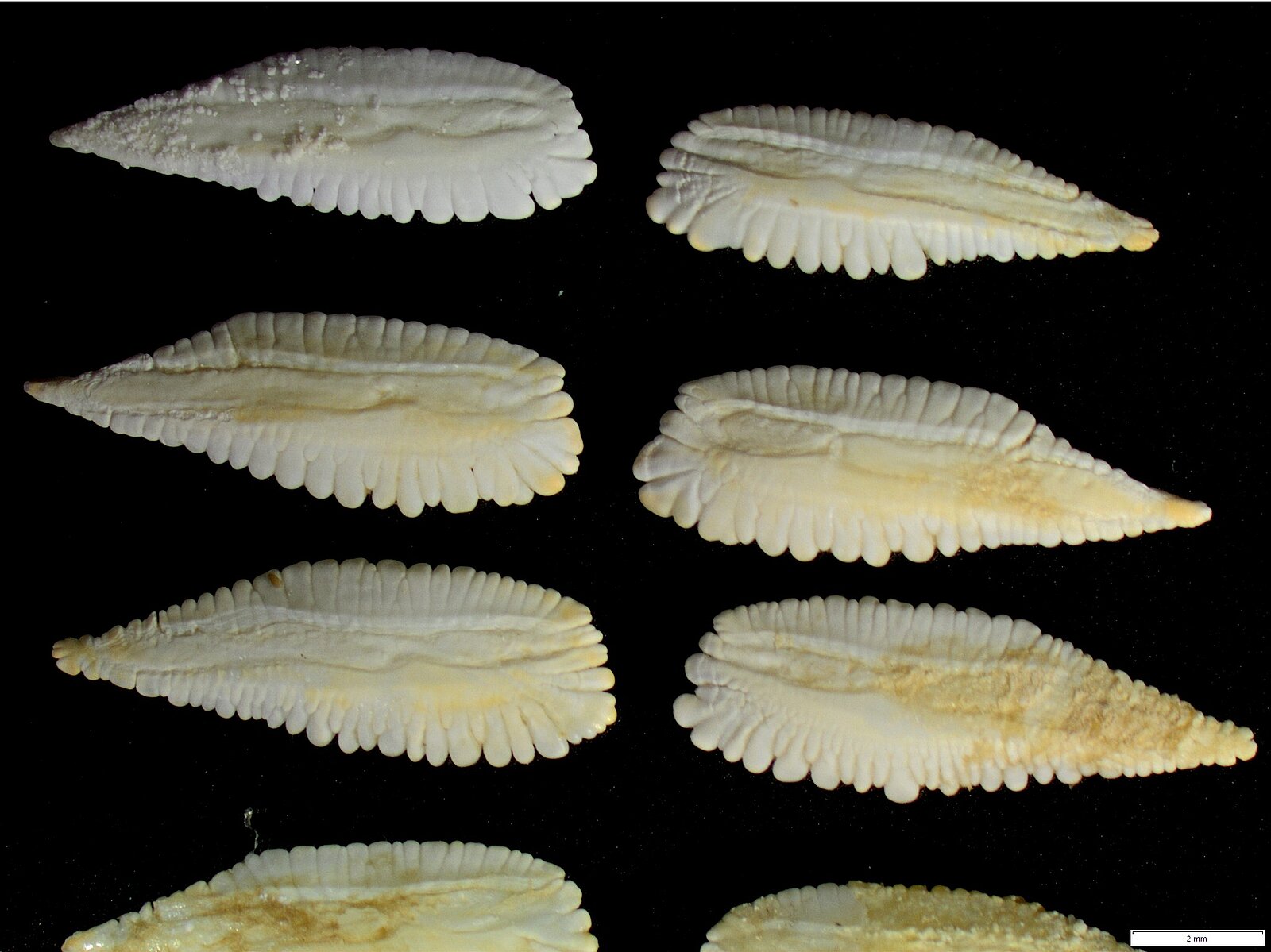![[Translate to English:] [Translate to English:] Seehunde auf einer Sandbank der Nordsee](/fileadmin/_processed_/1/1/csm_Seehundsbank_10c9f5dd6e.jpg)
Subproject at ITAW: Impact of marine mammals in the North Sea food web
| Project data | |
|---|---|
| Project leader: | Prof. Prof. h. c. Dr Ursula Siebert |
| Chief Scientist: | Dr. Anita Gilles |
| Scientific staff: | Eileen Heße |
| Project term: | 3 years (01.11.2020 – 29.02.2024) |
| Project partners: |
Senckenberg am Meer (Coordinator BioWeb) Thünen Institute for Sea Fisheries Alfred Wegener Institute, Helmholtz Centre for Polar and Marine Research |
| Sponsorship: | Federal Ministry of Education and Research (Framework programme ‘Research for Sustainability’ (FONA3)) |
Project description
The aim of this project is to increase our understanding of the trophic ecology of marine mammals, their function within the North Sea food web as well as their ecosystem services.
Marine mammals are especially useful indicators to assess the state of our seas as they reflect changes in marine ecosystems on a large temporal and spatial scale. Being predators of higher trophic levels marine mammals are of ecological, economic and cultural importance. This is an essential baseline to improve management decisions in regard to marine resources and conservation.
The North Sea is currently undergoing a rapid change caused by substantial changes in environmental drivers and human impacts, including climate change. In the southern North Sea, oligotrophication and lower fishing pressure potentially reverse trophic controls. In order to gain a better understanding of the impacts of ongoing changes in food webs and biodiversity, BioWeb aims to analyse long-term datasets of marine mammals, together with other taxonomic groups, such as zooplankton, benthos and fish to integrate these groups into spatially high-resolution food web models of the EcoPath family.

Until now marine mammals have not been represented sufficiently in most ecosystem models. In order to close these knowledge gaps, ITAW will process long-term data sets on abundance and seasonal distribution of key marine mammals (i.e., harbour seal, grey seal and harbour porpoise) in the southern North Sea for integration into the food web model. Additionally, the present preferred prey spectrum needs to be determined since a realistic estimate of biomass consumption, and any change therein, needs to be assessed. ITAW will use complimentary methods to assess the diet of marine mammals, such as conventional stomach content analysis, stable isotope analysis and DNA metabarcoding. This approach will provide conclusions on predator - prey dynamics, trophic interactions and competition with fisheries. Therefore, multiple strategies regarding marine resources management can be evaluated and conservation decision making can be evolved.
Developed scenarios of biodiversity change and its consequences for food webs and the use of biological resources will be communicated to local and regional actors in North Sea coastal communities, including local fisheries, aquaculture, economy, tourism, politics and administration. A case study at ITAW will focus on the transfer of the ecological, economic and cultural value of marine mammals to local stakeholders. Moreover, it will highlight the polarizing discussion about the seal - fisheries conflict.


Contact person
University of Veterinary Medicine Hannover, Foundation
Institute for Terrestrial and Aquatic Wildlife Research
Werftstr. 6
25761 Büsum
Dr. Anita Gilles
Phone: +49 (0)511-8568177
E-Mail schreiben


